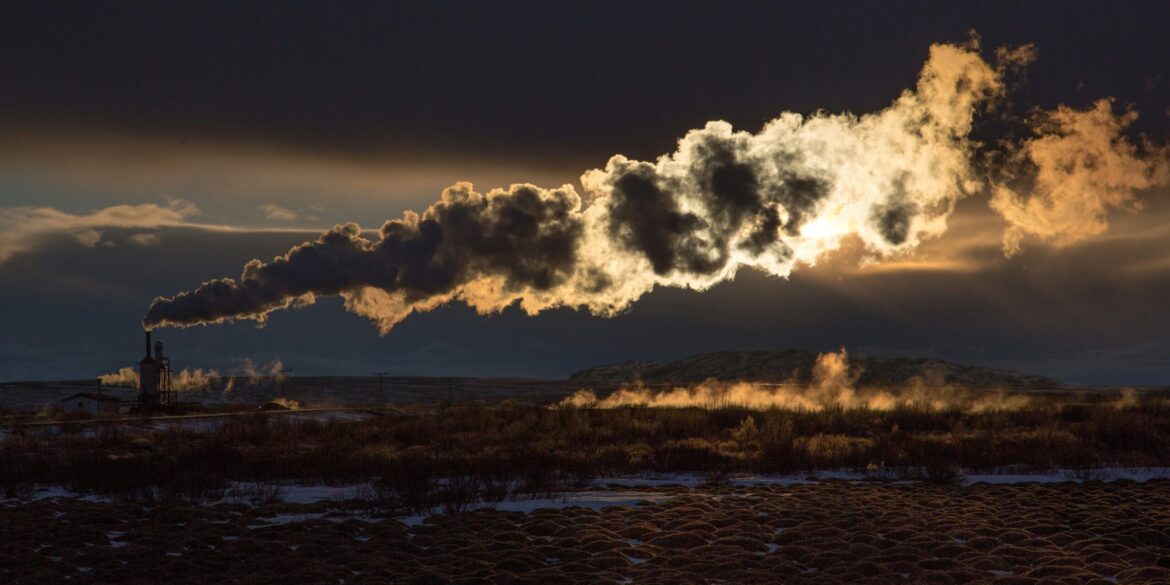President Donald Trump signed into law a sweeping energy reform package known as the “One Big Beautiful Bill Act,” marking a significant shift in the United States’ energy policy. The legislation aims to bolster domestic energy production by rolling back regulations and reducing subsidies for renewable energy sources, thereby promoting fossil fuels as the cornerstone of America’s energy independence strategy.
Central to the new legislation is the elimination of federal subsidies for renewable energy projects, including wind and solar power. The administration argues that these subsidies have distorted the energy market and made the U.S. grid reliant on intermittent and foreign-controlled energy sources. President Trump emphasized the need to “end taxpayer support for unaffordable and unreliable ‘green’ energy” and to focus on “dispatchable energy sources” like coal, natural gas, and nuclear power.
The bill also accelerates the permitting process for fossil fuel projects and expands oil and gas leasing on federal lands, including previously protected areas such as the Arctic National Wildlife Refuge. Additionally, the administration has declared a national energy emergency to expedite these initiatives, citing national security and economic growth as primary motivations.
The legislation has sent shockwaves through the renewable energy industry. Major solar companies like Enphase Energy and First Solar have experienced significant stock declines, reflecting investor concerns over the abrupt policy shift. Analysts warn that the removal of tax credits and subsidies could stall the growth of renewable energy infrastructure and lead to job losses in the sector.
In states like Illinois, which have invested heavily in clean energy, the rollback of federal support threatens ongoing projects and could result in higher energy costs for consumers. Local officials and environmental groups are urging state legislatures to implement their own incentives to mitigate the impact.
Proponents of the bill argue that increasing domestic fossil fuel production will enhance grid reliability and lower energy costs. They point to examples like Texas, where a diversified energy portfolio, including natural gas and renewables, has maintained grid stability and kept electricity prices below the national average.
However, critics contend that the legislation undermines the transition to cleaner energy sources and could lead to long-term environmental and economic consequences. They argue that the focus on fossil fuels ignores the declining costs and technological advancements in renewable energy, which have made them increasingly competitive. Furthermore, the rollback of environmental regulations raises concerns about increased greenhouse gas emissions and public health risks.
The U.S. withdrawal from the Paris Agreement, formalized through Executive Order 14162, has drawn criticism from environmental groups and international allies. The move signals a departure from global efforts to combat climate change and could hinder the country’s ability to lead in clean energy innovation.
Environmental organizations warn that the administration’s policies could reverse progress made in reducing carbon emissions and exacerbate climate-related challenges. They emphasize the importance of balancing energy independence with environmental stewardship to ensure a sustainable future.
President Trump’s energy legislation represents a significant pivot in U.S. energy policy, prioritizing fossil fuel production and deregulation in the pursuit of energy independence. While supporters argue that the measures will strengthen the economy and national security, opponents caution that the long-term environmental and economic costs could outweigh the immediate benefits. As the nation navigates this new energy landscape, the debate over the balance between energy independence and environmental responsibility continues to unfold.

